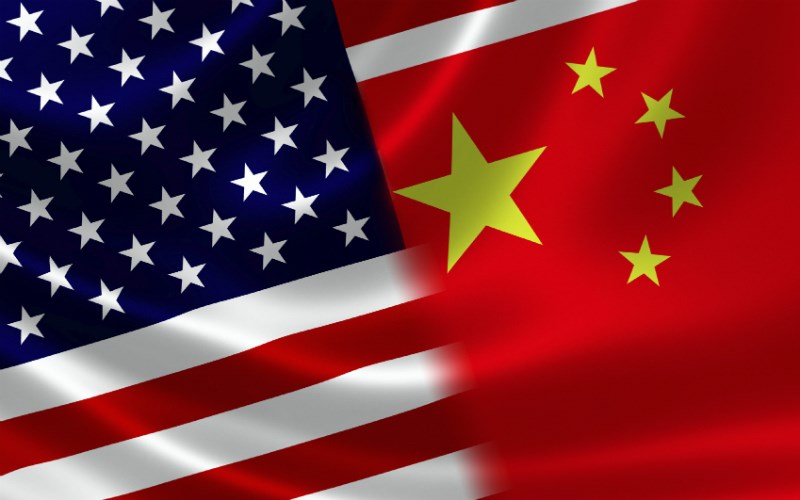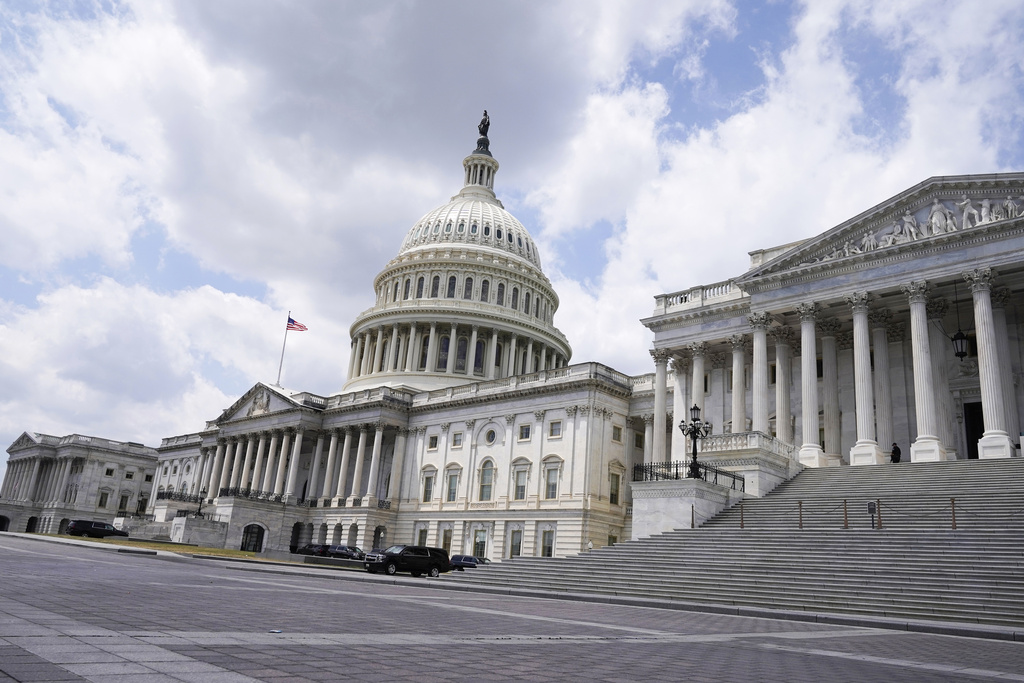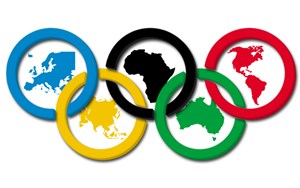The U.S. Treasury Department and China's Ministry of Finance launched a pair of economic working groups Friday. Led by Treasury Secretary Janet Yellen and Vice Premier He Lifeng, the working groups will be divided into economic and financial segments and will reportedly "establish a durable channel of communication between the world's two largest economies."
Considering the recent visits from Treasury Secretary Yellen, U.S. Special Presidential Envoy for Climate John Kerry, and Secretary of State Antony Blinken, Diana Furchtgott-Roth of The Heritage Foundation thinks the Biden administration is just trying to "paper over" a bad situation.
"They keep sending people up, and they're not addressing the fundamental problem, which is that we are giving up energy independence to China and that China is undercutting our workers by using slave labor from Xinjiang," the economist submits.
"They have fewer energy regulations than we do, so they can produce energy in a dirtier and less expensive way, and they undercut our companies because their companies have favored interest rates. The administration is not doing anything to fix the situation," she reiterates.
Tensions between the countries reached a fever pitch earlier this year, when a Chinese surveillance balloon was spotted traveling over the U.S. The military shot the balloon down off the Carolina coast, but only after after it traversed sensitive military sites across North America.

Then in June, citing national security concerns, the United States and its allies banned Huawei from operating in their 5G networks. Washington officials alleged that Huawei and ZTE technology could be used by Beijing for espionage, but both companies and Beijing denied those allegations.
The White House says the new arrangement is an effort to ease tensions and deepen ties between the nations, but Furchtgott-Roth does not see it that way.
"It is exactly the same as what's going on with Iran, where we gave them $6 billion and five hostages in exchange for five hostages that they've taken," she compares.
She calls it part of a pattern; the Biden administration reaches out to countries rather than being aggressive, drawing a line, and protecting the interest of America and her workers.
Selling energy resources and agricultural goods to China does give income to U.S. companies, but Furchtgott-Roth warns that "we do not want to be dependent" on Chinese-made goods that are important to our national security.
"There is nothing wrong with importing toys from China; they are less expensive," the economist notes. "But when it comes to telecommunications technology … the United States should ban Chinese-made electric vehicles because of U.S. national security concerns."
Electric vehicle batteries, she says, could be used to spy on American bases and utilities.







